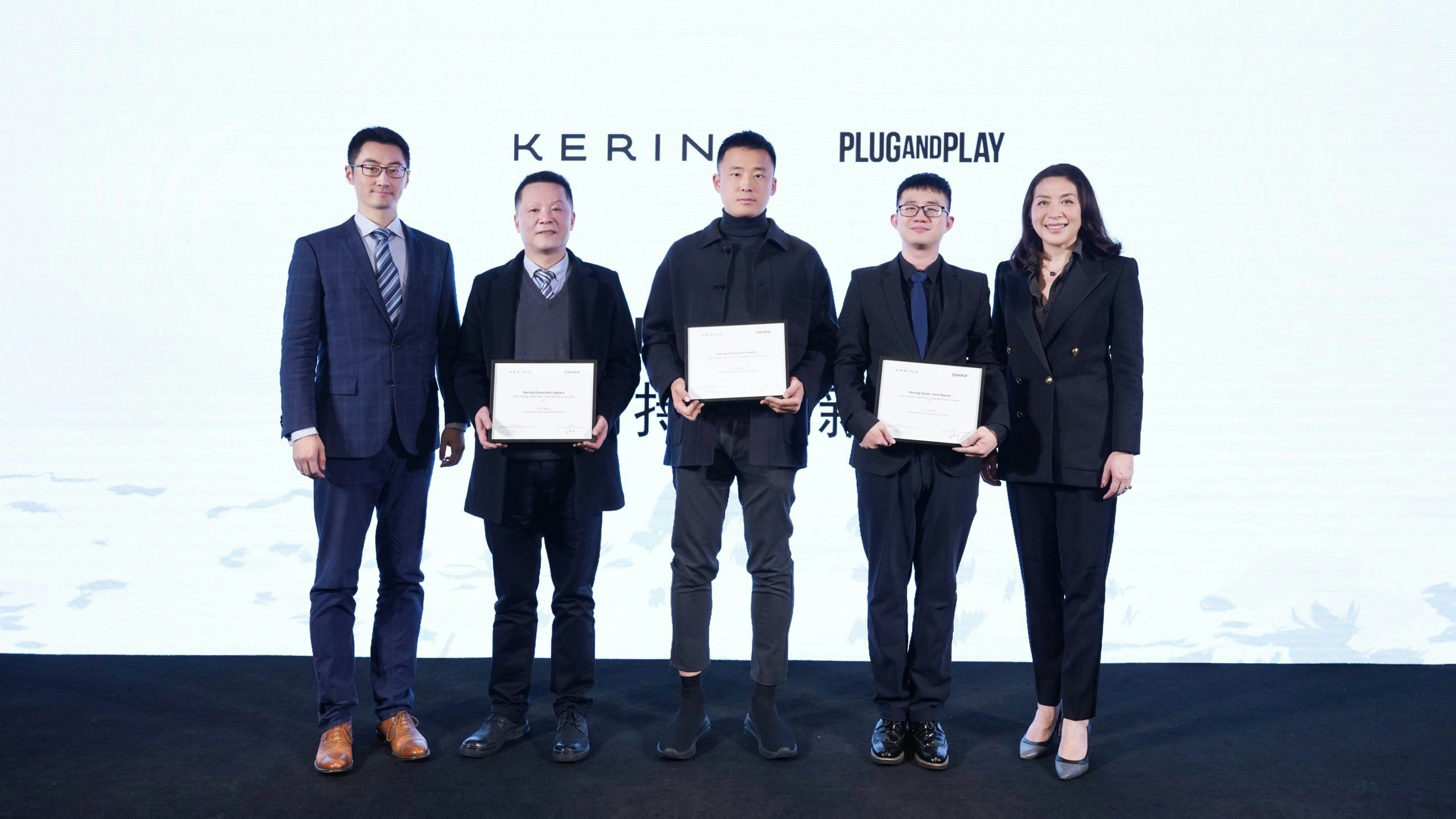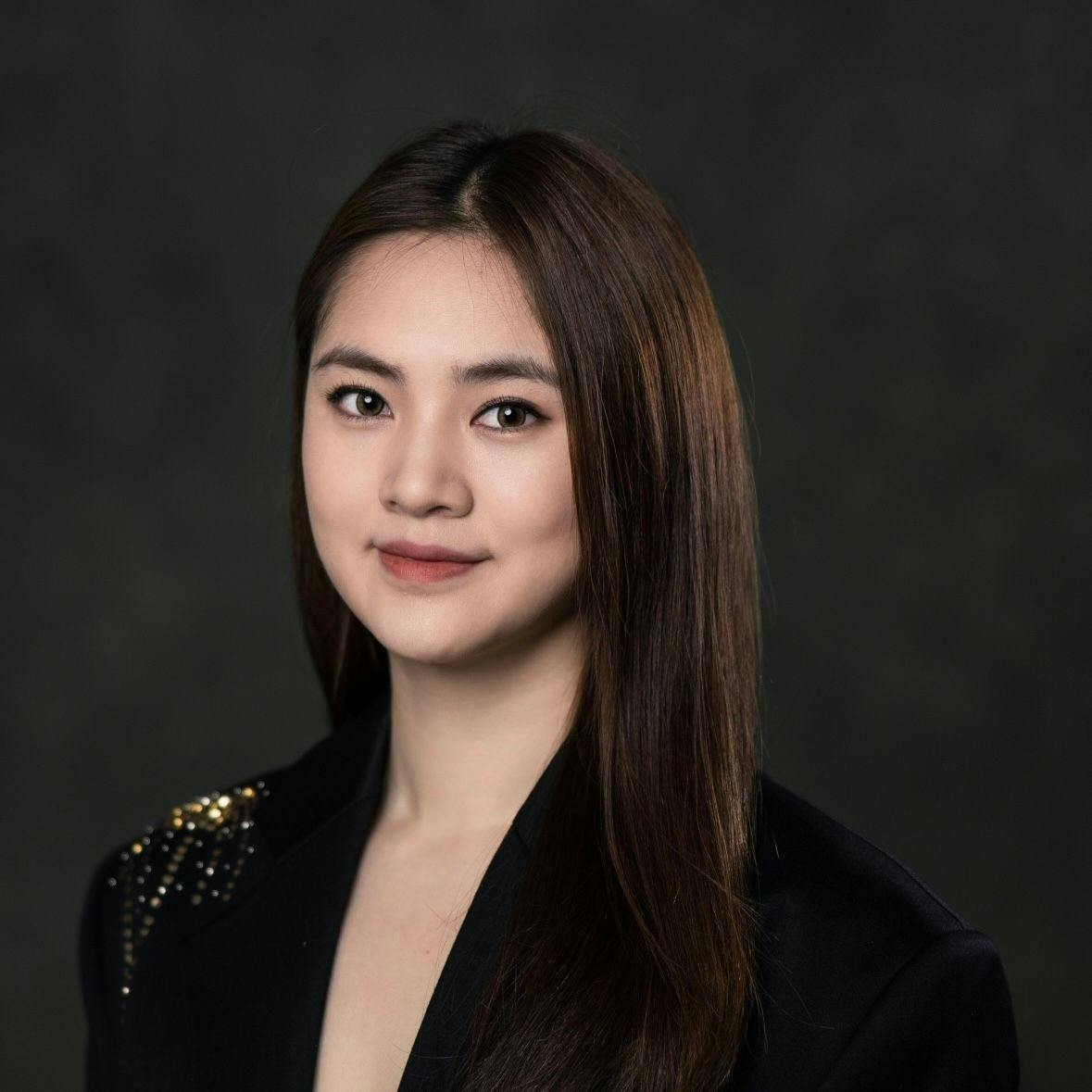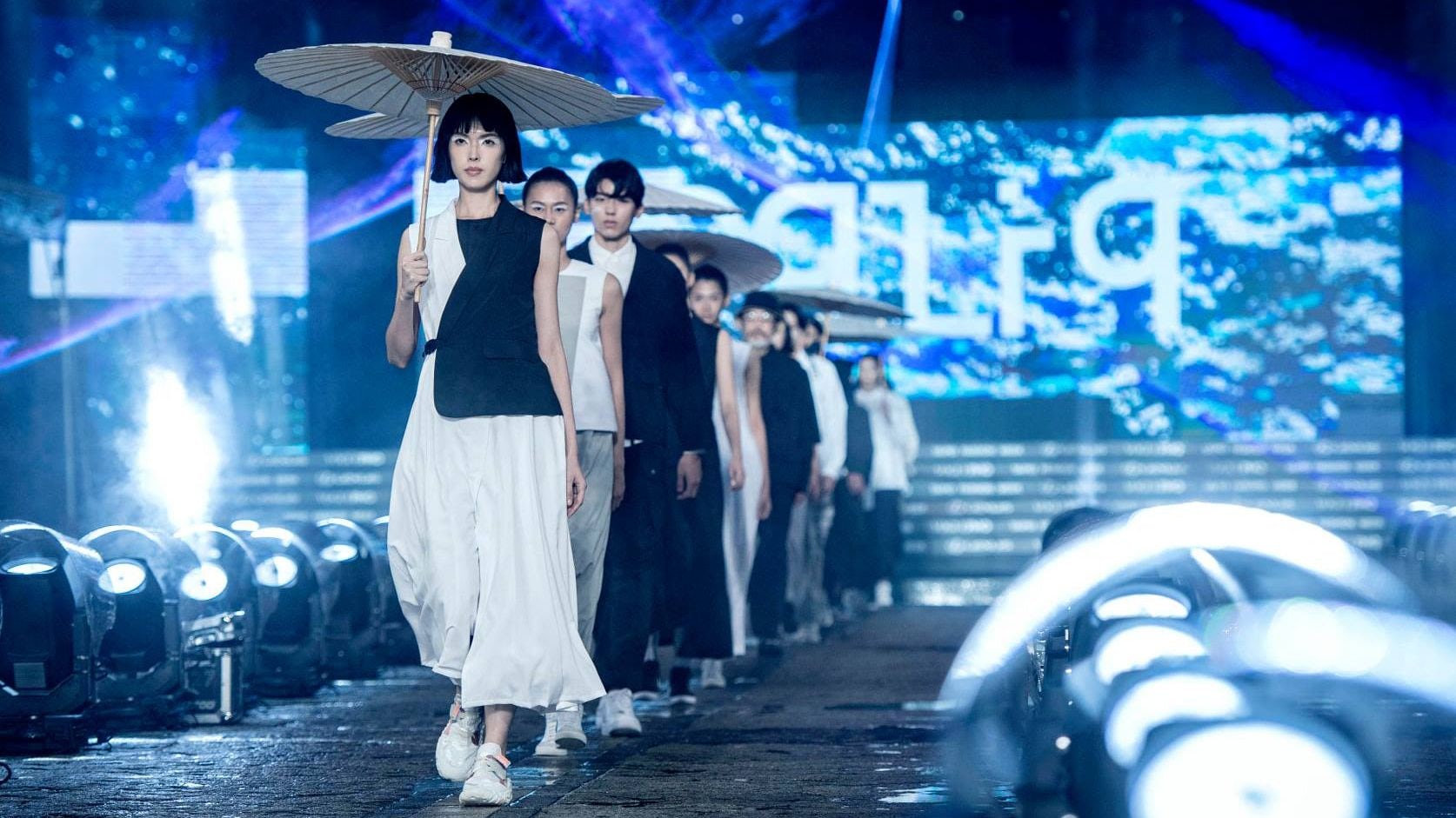What happened
China's green transformation is being tested by global luxury players betting on the country's market. On December 6, Kering Group held its second “K Generation Talk & Award Ceremony” in Shanghai, showcasing its sustainable intervention in the country. Influenced by Kering’s biodiversity strategy (announced in 2020), this year’s award focused on biodiversity restoration and conservation. It recognized three winners dedicated to the area: Peelsphere, Sichuan Atex Textile Co., Ltd., and Zeno Technology. The first awardee and winner of a 100,000-euro grant, Peelsphere, develops 100-percent biodegradable new materials with seaweed and fruit pomace.
Launched in December 2018, in collaboration with global innovation platform Plug and Play China, the initiative recognizes Chinese startups who can bring about positive environmental and social impact in areas like alternative raw materials and the circular economy.
The Jing Take
From a macro perspective, since President Xi Jinping announced in September of 2020 that China aims for carbon neutrality by 2060, the country has been forging ahead to meet that goal. In March, the National People’s Congress formalized its latest Five Year Plan, which vigorously promotes the development of green consumption.
Meanwhile, the fallout from the ongoing pandemic has been detrimental to the global supply chain, bringing challenges to suppliers in the fashion and luxury sectors. In addition to factory shutdowns and power cuts, China’s zero-Covid measures and the emergence of the new variant omicron further challenged manufacturing and shipping. On the flip side, the crisis has encouraged more stakeholders and consumers to pay closer attention to sustainability, which will help facilitate a green transformation in the long term, as Shaway Yeh, a pioneer of the movement, pointed out during the award ceremony.
Also, Jinqing Cai, President of Kering Greater China, highlighted a consumer “awakening” at the event. Cai told Jing Daily that younger Chinese luxury shoppers are increasingly aware of social responsibility and peer influence, saying: “Their consumption is shaping their social identities, and they look to make positive impacts on the environment, biodiversity, and society.”
Local players are already actively responding to the agenda with actions ranging from R&D and supply chain innovations to strategic repositioning. With its commitment to “crafting tomorrow’s luxury” sustainably, Kering took the initiative to build a platform that bridges local innovators and global fashion brands. Whether these technologies can be fully integrated into local manufacturing remains to be seen. But are Kering’s efforts doing enough to give it true green credentials in China?
The Jing Take reports on a piece of the leading news and presents our editorial team’s analysis of the key implications for the luxury industry. In the recurring column, we analyze everything from product drops and mergers to heated debate sprouting on Chinese social media.


